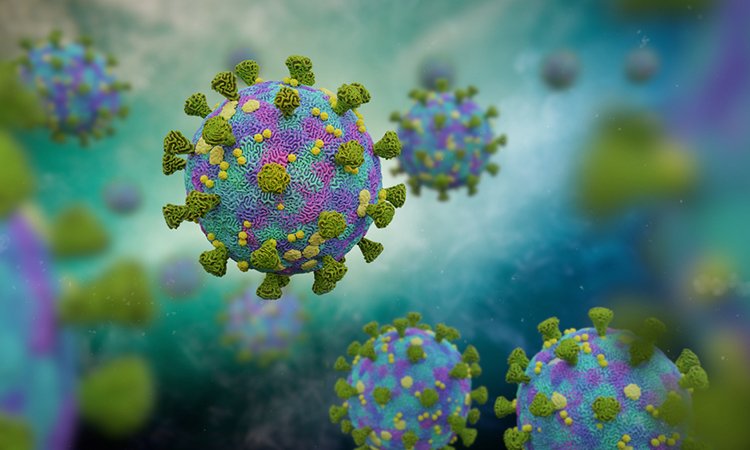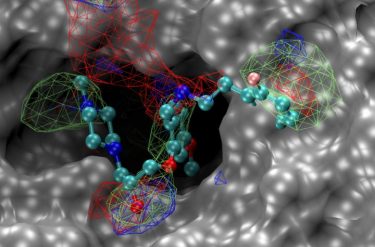Researchers suggest SKI complex of SARS-CoV-2 as novel drug target
Posted: 16 November 2020 | Victoria Rees (Drug Target Review) | No comments yet
Researchers have discovered new drug compounds that target the SKI complex of SARS-CoV-2, preventing replication.


Researchers have discovered new drug compounds to potentially treat SARS-CoV-2, the novel coronavirus that causes COVID-19. The team say the compounds disrupt the functioning of a protein complex inside human cells that the researchers discovered is critical for the replication and survival of coronaviruses.
The study was conducted at the University of Maryland School of Medicine (UMSOM) and School of Pharmacy (UMSOP), US.
According to the researchers, the SARS-CoV-2 protein complex, called the SKI complex, is a group of human proteins that regulates various aspects of the normal functioning of a cell. In the study, the team discovered this complex via yeast suppressor screening and found that it also plays a crucial role in helping a virus replicate its RNA within the cells it infects.


The compound UMB18 (multi-color) binds to the 3D structure of SKI protein complex shown in silver [credit: University of Maryland School of Medicine].
“We determined that disrupting the SKI complex keeps the virus from copying itself, which essentially destroys it,” said study corresponding author Associate Professor Matthew Frieman. “We also identified compounds that targeted the SKI complex, not only inhibiting coronaviruses but also influenza viruses and filoviruses, such as the one that causes Ebola.”
Frieman and his colleagues from the School of Pharmacy’s Computer-Aided Drug Design Center and the Center for Biomolecular Therapeutics at the UMSOM used in silico modelling and database screening to identify a binding site on the SKI complex and identified chemical compounds that could bind to this site. Subsequent experimental analysis and assays showed these compounds to have antiviral activity against coronaviruses, influenza viruses and filoviruses (such as Ebola).
“These findings present an important first step in identifying potential new antivirals that could be used to treat a broad number of deadly infectious diseases,” said study lead author Dr Stuart Weston. The researchers say the next steps include conducting animal studies to learn more about the safety and efficacy of these experimental compounds, which are not approved by the US Food and Drug Administration (FDA).
The results were published in the Proceedings of the National Academy of Sciences journal.
Related topics
Disease research, Drug Targets, Research & Development, RNAs, Screening, Target molecule, Targets
Related conditions
Covid-19
Related organisations
University of Maryland School of Medicine (UMSOM)
Related people
Associate Professor Matthew Frieman, Dr Stuart Weston



